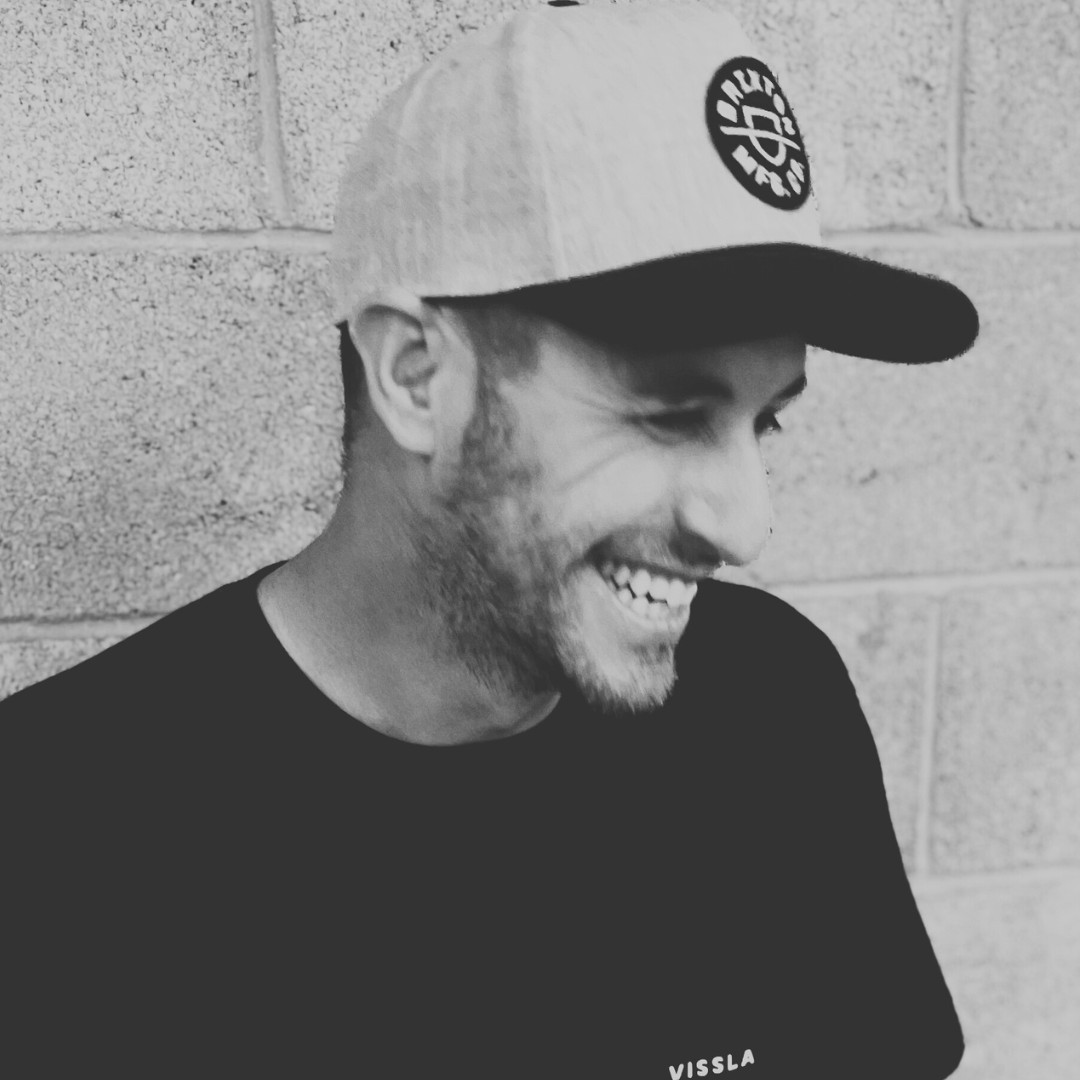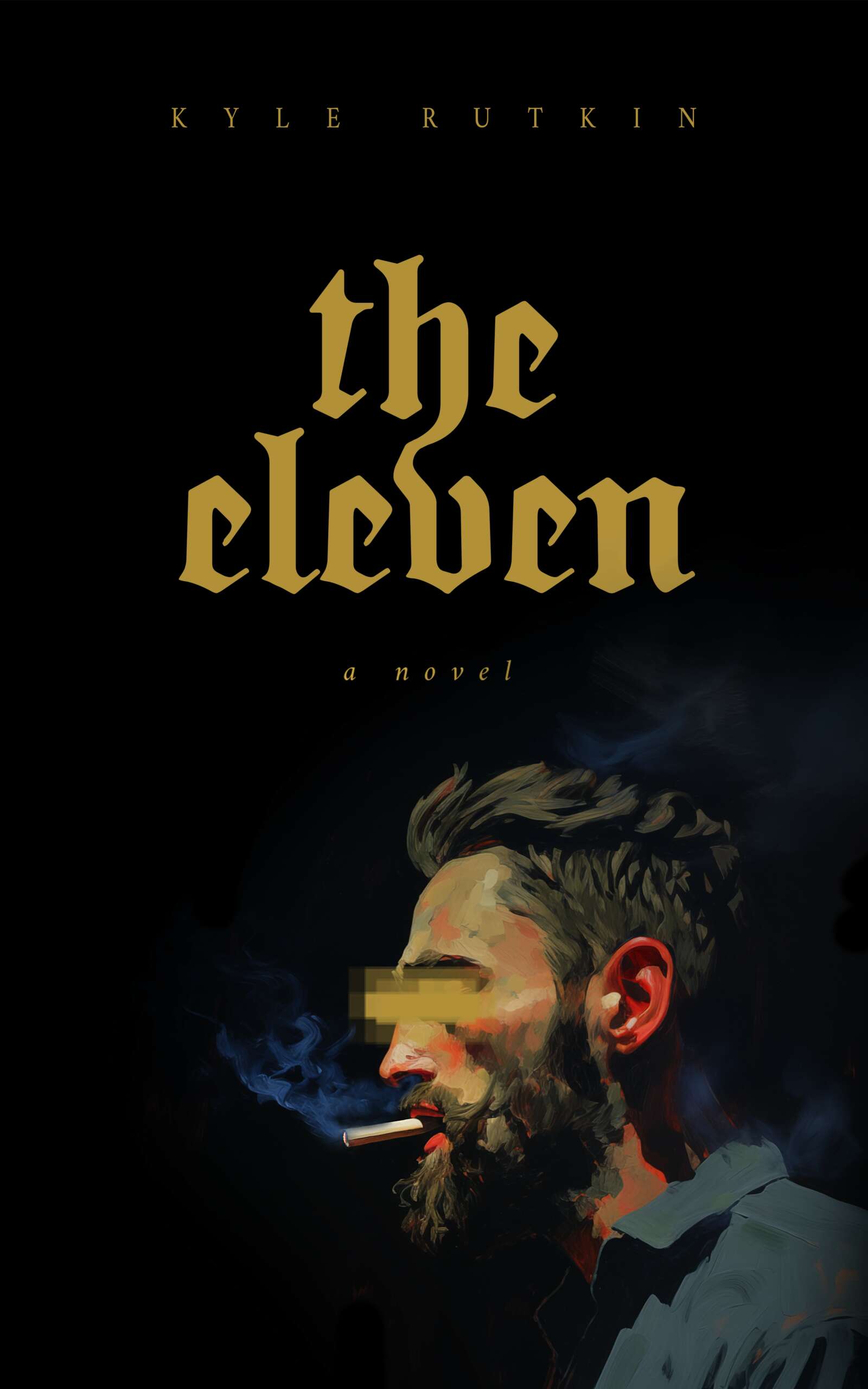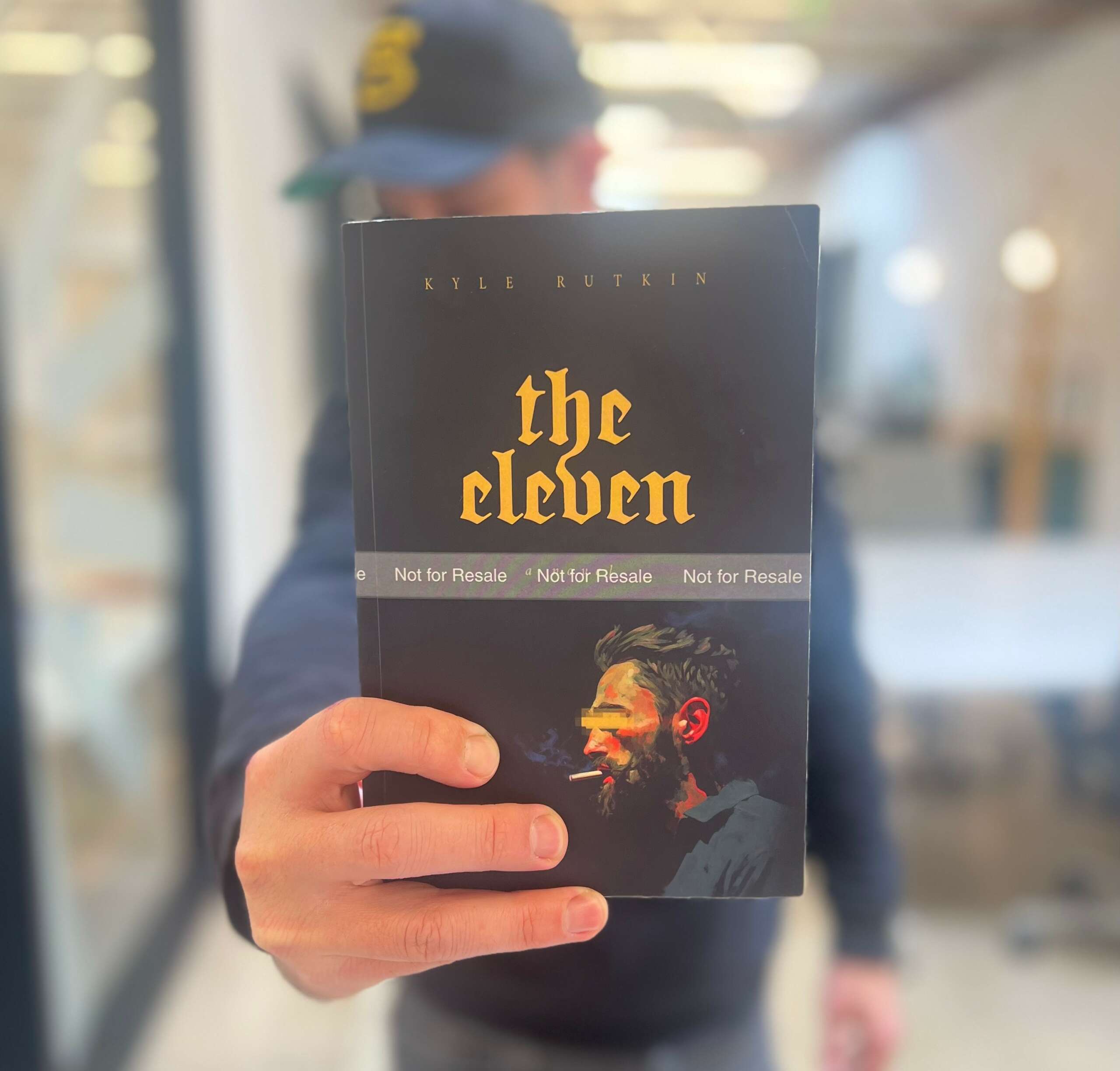We recently connected with Kyle Rutkin and have shared our conversation below.
Hi Kyle, thanks for joining us today. We’d love to hear about a project that you’ve worked on that’s meant a lot to you.
To me, writing a novel is like going on a hero’s journey. Each book takes you on an adventure into the unreflected and often unseen parts of your consciousness, for better or worse. For my latest book, The Eleven, I was forced to go into parts of my past that I had previously avoided. Traumas that had gone unfelt and unseen for most of my life. My protagonist became my blueprint for going into those scary places and facing the shadow material within. That’s why this book is probably m y most personal to date.

Kyle, before we move on to more of these sorts of questions, can you take some time to bring our readers up to speed on you and what you do?
I started creating stories at a young age, but like many creative people, school didn’t offer many outlets for me to develop my giftings. It wasn’t until I graduated from college that I felt this intense calling to write again. Thus, began my path of trying to make a living as a writer.
My first three books were my attempt to create something readable. Two of them are so bad they never saw the light of day. The following two are romantic comedies/dramedies that read more like extended diary entries. Those books didn’t sell many copies.
Still, with each book, I felt I was edging closer to discovering my distinct style and imprint as a writer.
During this time, I began reading The Night Film by Marisha Pessl and Gone Girl by Gillian Flynn—two very creepy novels with unlikeable characters. But believe it or not, inside those books, I felt this deep calling. I marveled at how these spooky, entertaining reads offered so much insight into the human condition and all its brokenness.
I knew I had found my genre.
Shortly after, I began my debut thriller, She Died Famous.
But after a few months of working on it, I was second-guessing everything. Why was I writing about murder? Why were the main characters so dark? Was this my voice, my unique contribution to the literary world? Was this crazy stuff really inside me? Honestly, there were times I was scared to keep going and see what I’d find in my own basement.
Thankfully, my mentor (well, he doesn’t know he was a mentor) but the author of my favorite writing book of all time, Steven Pressfield, says, “The more scared we are of a work or calling, the more sure we can be that we have to do it.”
So, I kept writing.
Year after year, the stories began to unfold in mysterious ways.
The more I trusted the void, the more the patterns, themes, and my authentic voice emerged.
In one week, I’m publishing the fourth book in the series, and it’s crazy to see how this broken but hopeful Died Famous universe is all connected. And not just because they are all “Who Dun it” murder mysteries in Hollywood. But because there’s always a singular underlying theme, which I believe is my unique contribution, MY VOICE sorta speak. The message I’m trying to convey to the world.
In line with this realization, I’ve crafted a short manifesto at the end of The Eleven. A manifesto that sums up everything I’m trying to say as an artist in these novels, and probably what I want people to know about my brand. The thing that every protagonist in my books embodies.
The Died Famous Manifesto.
We are Artists & Anti-Heroes––flawed artists and creators. To us, creativity is a spiritual act, our highest expression of self. Therefore, we reject the allure of serving algorithms and fame. Our obligation is to create meaningful work. Often, this requires us to journey into the deepest parts of our souls, to overcome inner resistance, and to confront our deepest fears. We use our brokenness and pain as the raw materials for our creations. By sharing these works, we inspire others to embrace their unique paths. Above all else, make good art.

What’s the most rewarding aspect of being a creative in your experience?
To me, the most rewarding part of being an artist is the process—not only the self-discovery that comes along with it, but the ability to take raw materials and pain and alchemize them into a piece of art. There is no shortcut to creating a piece of art that resonates deeply and can impact others. You have to wrestle with the blank page. You have to spend hundreds of hours mastering your craft. You have to find your voice, your purpose, that thing you want to sit. Sadly, with social media and AI, I worry that artists and creators are leaning into pleasing algorithms instead of finding meaning. While this might lead to short-term success and platform validation, you might not necessarily create something that reflects your truest nature. You also might not be creating real connections with your audience base. I hope that there is a revolution of sorts amongst artists and creators to go back to creating deep work that can have a lasting impact and not surface-level content that will be gone tomorrow.
Is there something you think non-creatives will struggle to understand about your journey as a creative? Maybe you can provide some insight – you never know who might benefit from the enlightenment.
I have non-creatives who struggle to understand why I’ve chosen to pursue something that doesn’t make sense financially. Obviously, to me, my creative expression is a calling. It is something hardwired into me, and the more I lean into it, the more I come alive. I get up every morning at 5:00am to write. I don’t roll out of bed, or hit the snooze. I’m genuinely excited to get back to the story I’m writing. That kind of excitement and passion doesn’t have a monetary value. The hope, the expression of self, the use of my giftings, this is priceless. Although it can be difficult not to have financial expectations with my books, I’m grateful that I get to do what I love every day, even if I have to work other jobs to pay the bills.
Contact Info:
- Website: diedfamousbooks.com
- Instagram: kmrutkin
Image Credits
Kyle Rutkin


